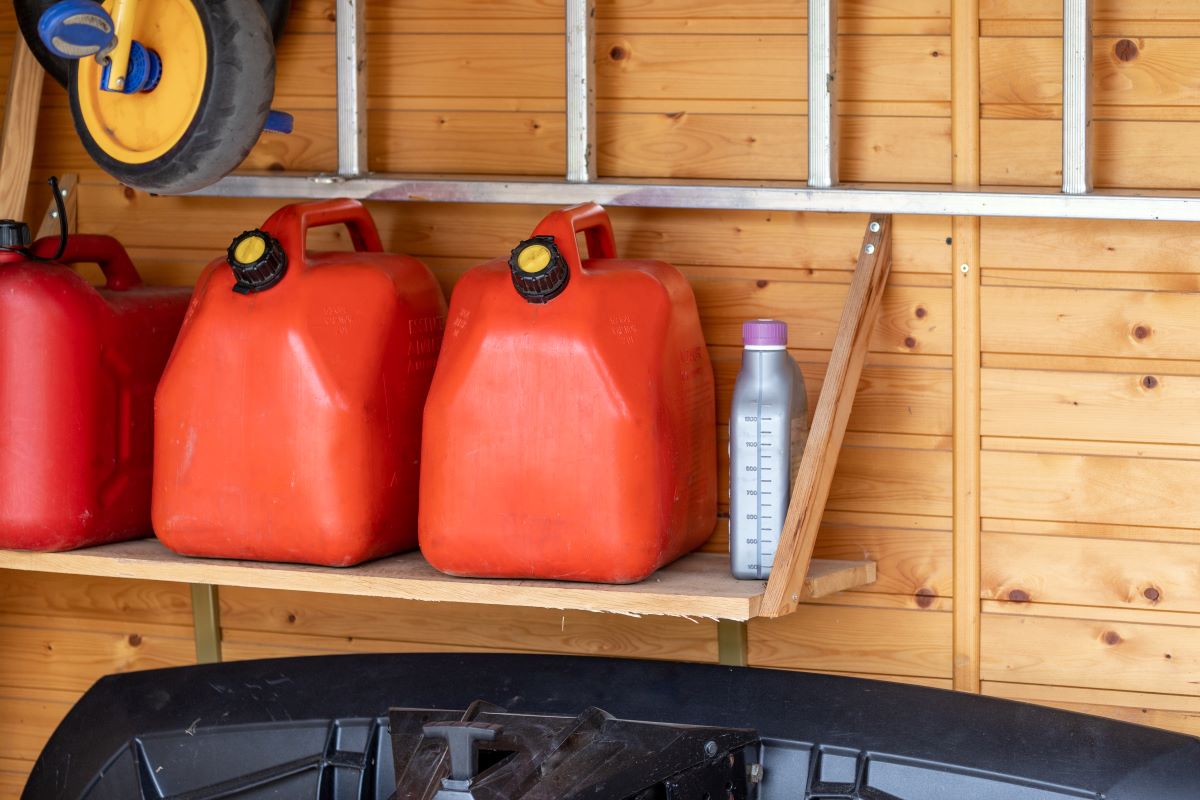

Articles
How To Store Gas In A Hot Garage
Modified: February 23, 2024
Learn the best practices for safely storing gas in a hot garage with our informative articles. Protect your family and property with these expert tips.
(Many of the links in this article redirect to a specific reviewed product. Your purchase of these products through affiliate links helps to generate commission for Storables.com, at no extra cost. Learn more)
Introduction
Welcome to the comprehensive guide on how to store gas in a hot garage. Many homeowners face the challenge of safely storing gasoline in their garages, especially during the hot summer months. While it may seem convenient to keep a supply of gasoline on hand for various purposes like lawn equipment, generators, or recreational vehicles, it is important to understand the potential risks involved in storing gas in a hot garage.
Gasoline is a highly flammable substance, and exposure to extreme heat can increase the chances of a fire or explosion. This article aims to educate you about the risks associated with storing gas in a hot garage and provide you with essential safety precautions and best practices to follow in order to minimize these risks.
Key Takeaways:
- Prioritize Safety
When storing gas in a hot garage, prioritize safety by considering temperature, ventilation, container quality, and proximity to ignition sources. Implement safety precautions and best practices to minimize risks and protect your property. - Explore Alternatives
If concerned about storing gas in a hot garage, explore alternatives such as purchasing smaller quantities, utilizing fuel delivery services, or investing in dual-fuel equipment. Consider local regulations and prioritize safety when choosing the best option for your needs.
Read more: How To Store Gas In Garage
Understanding the Risks of Storing Gas in a Hot Garage
Storing gasoline in a hot garage can be hazardous due to the volatile nature of the fuel. When gasoline is exposed to high temperatures, it can evaporate quickly, leading to a buildup of flammable vapors. This creates a potentially explosive environment, especially in a confined space like a garage.
Additionally, the heat can cause the expansion of the gasoline, which can lead to leaks or ruptures in the fuel containers. This not only poses a fire hazard but can also contaminate the surrounding area and cause damage to your property.
Furthermore, the prolonged exposure of gasoline to heat can also degrade its quality. The chemical composition of gasoline can change when exposed to high temperatures, resulting in reduced fuel efficiency and potential engine damage if used in vehicles or equipment.
It’s worth noting that gasoline fumes are also highly toxic and can pose health risks if inhaled. In a hot garage, the concentration of these fumes can become even higher, making it unsafe for individuals who spend time in or around the area.
It is crucial to recognize these risks and take appropriate measures to ensure the safety of both yourself and your property.
Factors to Consider Before Storing Gas in a Hot Garage
Before deciding to store gasoline in a hot garage, there are several important factors that you should consider:
- Temperature: Evaluate the average temperature in your garage during the hottest months. Extreme heat can accelerate the evaporation of gasoline and increase the risks associated with storing it.
- Ventilation: Determine the level of ventilation in your garage. Proper airflow is crucial to prevent a buildup of flammable fumes. If your garage has poor ventilation, it may not be safe to store gasoline inside.
- Storage Containers: Assess the quality and condition of your gasoline storage containers. Ensure that they are tightly sealed and in good condition to avoid leaks or spills that can lead to fire hazards.
- Distance from Ignition Sources: Consider the proximity of potential ignition sources, such as electrical equipment, pilot lights, or open flames. Gasoline vapors can ignite easily, so it’s important to keep them away from any heat sources.
- Local Regulations: Research and comply with any local regulations or codes regarding the storage of flammable materials. It is important to follow the guidelines set by authorities to ensure the safety of your property and the surrounding area.
By carefully considering these factors, you can make an informed decision about whether it is safe and appropriate to store gasoline in your hot garage. It’s important to prioritize safety and take the necessary precautions to minimize any potential risks.
Safety Precautions for Storing Gas in a Hot Garage
When it comes to storing gasoline in a hot garage, it is essential to take specific safety precautions to minimize the risk of fires, explosions, and other hazards. Here are some important safety measures to consider:
- Choose Appropriate Storage Containers: Use approved gasoline storage containers that are specifically designed for flammable liquids. Ensure they are made of sturdy materials, have tight-fitting caps, and are in good condition.
- Keep Containers Sealed and Upright: Always keep your gasoline containers tightly sealed to prevent evaporation and leakage. Store them in an upright position to avoid spills.
- Maintain Proper Ventilation: Ensure your garage has adequate ventilation to disperse any fumes that may accumulate. Open windows or use exhaust fans to promote airflow.
- Store Gasoline Away from Ignition Sources: Keep gasoline containers away from any potential ignition sources such as heaters, water heaters, electrical appliances, or open flames.
- Label Containers Clearly: Clearly label your gasoline containers with “Flammable” or “Gasoline” labels to avoid any confusion and to ensure everyone in the household is aware of their contents.
- Secure Storage: Store gasoline containers in a secure location, out of reach of children and pets. Consider using a locked cabinet or a designated storage area that is well-ventilated and away from any heat sources.
- Keep Fire Extinguishers Handy: Have a working fire extinguisher rated for flammable liquids, such as Class B or ABC extinguisher, readily available in your garage. Ensure that everyone in the household knows how to use it.
- Regularly Inspect and Replace Containers: Regularly inspect your gasoline containers for any signs of damage or deterioration, such as cracks or leaks. Replace containers that show signs of wear and tear.
By following these safety precautions, you can reduce the risks associated with storing gasoline in a hot garage and ensure the safety of yourself, your family, and your property. It’s crucial to be proactive and diligent in implementing these measures to prevent accidents and potential disasters.
Store gas in a hot garage by using a metal or plastic gas can with a tight-fitting lid to prevent evaporation. Keep the can away from direct sunlight and store it in a well-ventilated area to reduce the risk of fumes building up.
Best Practices for Storing Gas in a Hot Garage
Storing gasoline in a hot garage requires careful attention to best practices to maintain safety and minimize risks. Here are some essential best practices to follow:
- Store Only the Amount You Need: Avoid storing excessive amounts of gasoline in your garage. Only keep the quantity you anticipate using within a reasonable timeframe. Dispose of any unused gasoline properly.
- Maintain a Cool Garage Environment: Implement measures to keep your garage as cool as possible during hot weather. Use insulation, fans, or air conditioning to help regulate the temperature and reduce the risk of high heat exposure.
- Use Fuel Stabilizer: Consider adding a fuel stabilizer to the gasoline before storing it. This can help prolong its shelf life and maintain its quality, especially when exposed to heat for extended periods.
- Frequent Inspection: Regularly inspect your gasoline containers and the surrounding area for any signs of leaks, spills, or damage. Promptly address any issues that arise to prevent accidents or fuel contamination.
- Monitor Expiry Dates: Gasoline has a limited shelf life. Regularly check the expiration dates on your containers and rotate the supply if needed. Dispose of expired gasoline at designated recycling or disposal facilities.
- Create a Safety Zone: Establish a designated safety zone within your garage where gasoline containers are stored. This area should be well-ventilated, well-marked, and separate from other flammable materials.
- Store Gasoline in Approved Containers: Use containers specifically designed and approved for gasoline storage. These containers are built to withstand the volatile nature of gasoline and reduce the risk of leaks or spills.
- Educate and Train: Ensure that all household members are aware of the risks associated with storing gasoline in a hot garage. Educate them on proper safety procedures, including how to handle, store, and dispose of gasoline.
By implementing these best practices, you can significantly reduce the potential risks associated with storing gasoline in a hot garage. It is important to approach gas storage with caution, adhere to safety guidelines, and prioritize the well-being of yourself and your property.
Read more: How To Store Gas Cans In Garage
Alternatives to Storing Gas in a Hot Garage
If you are concerned about the risks and challenges of storing gasoline in a hot garage, there are several alternatives you can consider:
- Purchase Small Quantities: Instead of storing large quantities of gasoline, consider purchasing smaller amounts as needed. This can help minimize the risks associated with long-term storage.
- Store Gasoline in a Separate Structure: If you have the space and resources, consider constructing a separate structure, such as a shed or an outdoor storage cabinet, specifically designed for storing flammable materials.
- Utilize Fuel Delivery Services: Some fuel companies offer delivery services where they bring gasoline directly to your location, eliminating the need for storing it yourself. This can be a convenient and safer option, especially for larger quantities.
- Explore Alternative Fuel Options: Consider using alternative fuels that are less volatile and safer to store. Propane, natural gas, or electric options may be suitable alternatives depending on your specific needs and available infrastructure.
- Invest in Dual-Fuel Equipment: If you’re using equipment that requires gasoline, consider investing in dual-fuel models that can also run on propane or natural gas. This allows you to store a less volatile and safer fuel source.
- Consider Portable or Collapsible Fuel Containers: If you need to transport gasoline, consider using portable or collapsible fuel containers. These can be stored in a cool, ventilated area when not in use.
- Follow Local Regulations: Check local regulations and zoning requirements for storing flammable materials. Certain areas may have specific guidelines or restrictions on storing gasoline, and it is important to comply with these regulations.
- Explore Fuel Additives: Certain fuel additives can help extend the life of gasoline and improve its performance. Research and consider using additives that can reduce the effects of heat and stabilize the fuel.
By exploring these alternatives, you can find safer and more practical options for storing fuel without the risks associated with a hot garage. Evaluate your specific needs, circumstances, and local regulations to determine the best alternative for you.
Conclusion
Storing gasoline in a hot garage requires careful consideration of the risks involved and the implementation of appropriate safety measures. While it may be convenient to keep a supply of gasoline on hand, it is crucial to prioritize the safety of yourself, your family, and your property.
By understanding the potential dangers of storing gas in a hot environment, you can make informed decisions about the storage methods and alternatives that best suit your needs. Factors such as temperature, ventilation, container quality, and proximity to ignition sources should be carefully evaluated before storing gasoline in a hot garage.
Remember to follow the safety precautions and best practices outlined in this guide. Choose appropriate storage containers, keep them tightly sealed and upright, maintain proper ventilation, and store gasoline away from ignition sources. Regularly inspect containers, label them clearly, and keep fire extinguishers on hand in case of emergencies.
If you are uncomfortable with the risks associated with storing gasoline in a hot garage, explore alternatives. Consider purchasing smaller quantities, utilizing fuel delivery services, or investing in dual-fuel equipment. Additionally, ensure compliance with local regulations and zoning requirements.
Protecting yourself, your family, and your property should always be the top priority. By implementing the recommended safety measures and considering suitable alternatives, you can safely store and handle gasoline, even in a hot garage.
Remember, when it comes to gasoline, safety should never be compromised.
Frequently Asked Questions about How To Store Gas In A Hot Garage
Was this page helpful?
At Storables.com, we guarantee accurate and reliable information. Our content, validated by Expert Board Contributors, is crafted following stringent Editorial Policies. We're committed to providing you with well-researched, expert-backed insights for all your informational needs.
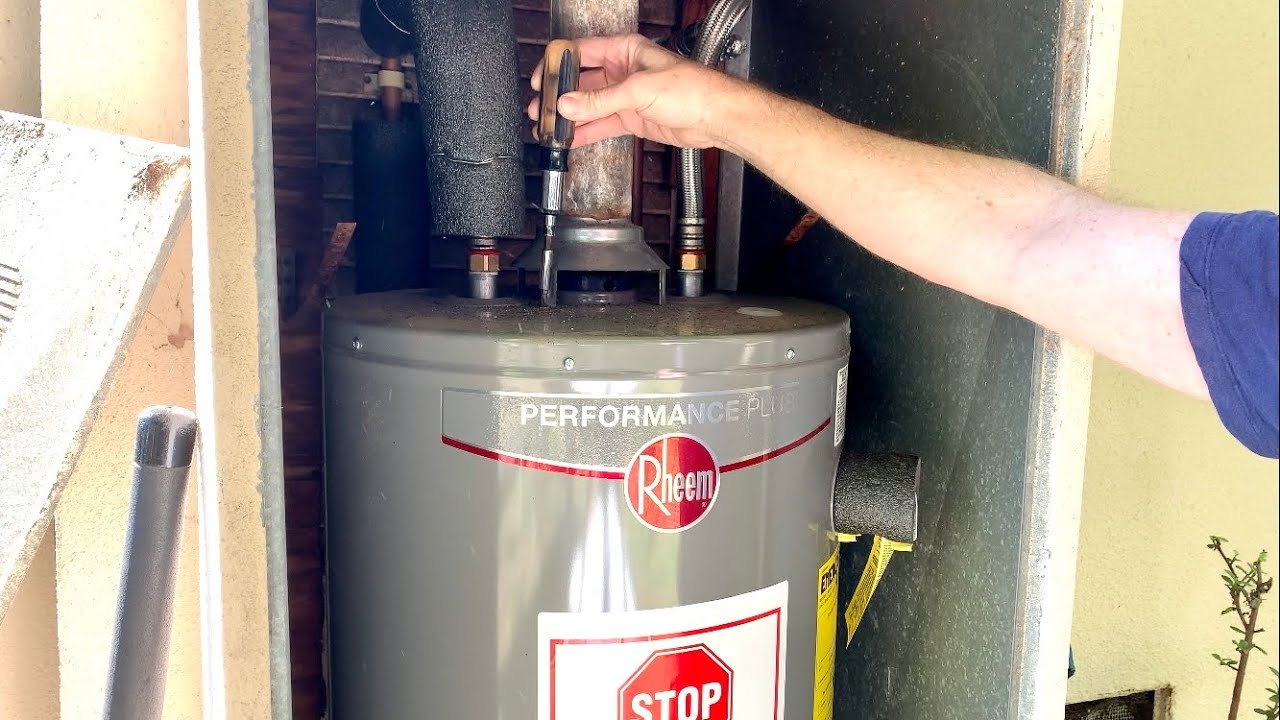
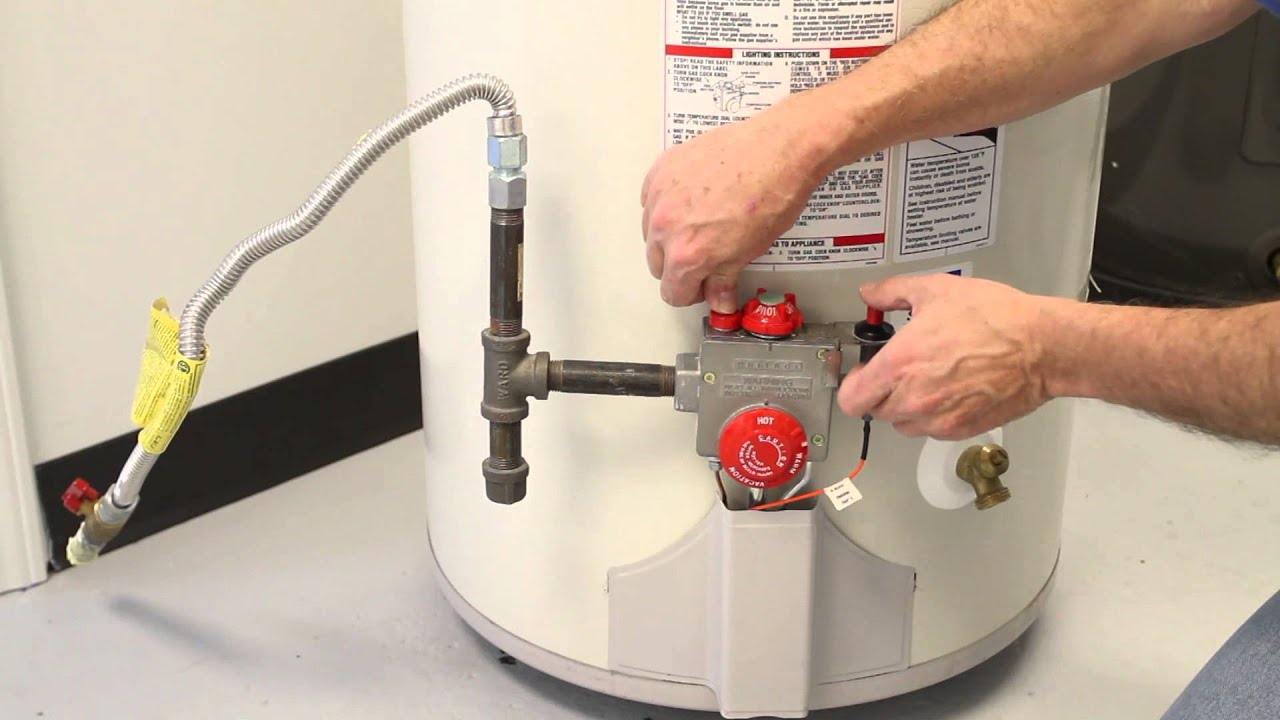

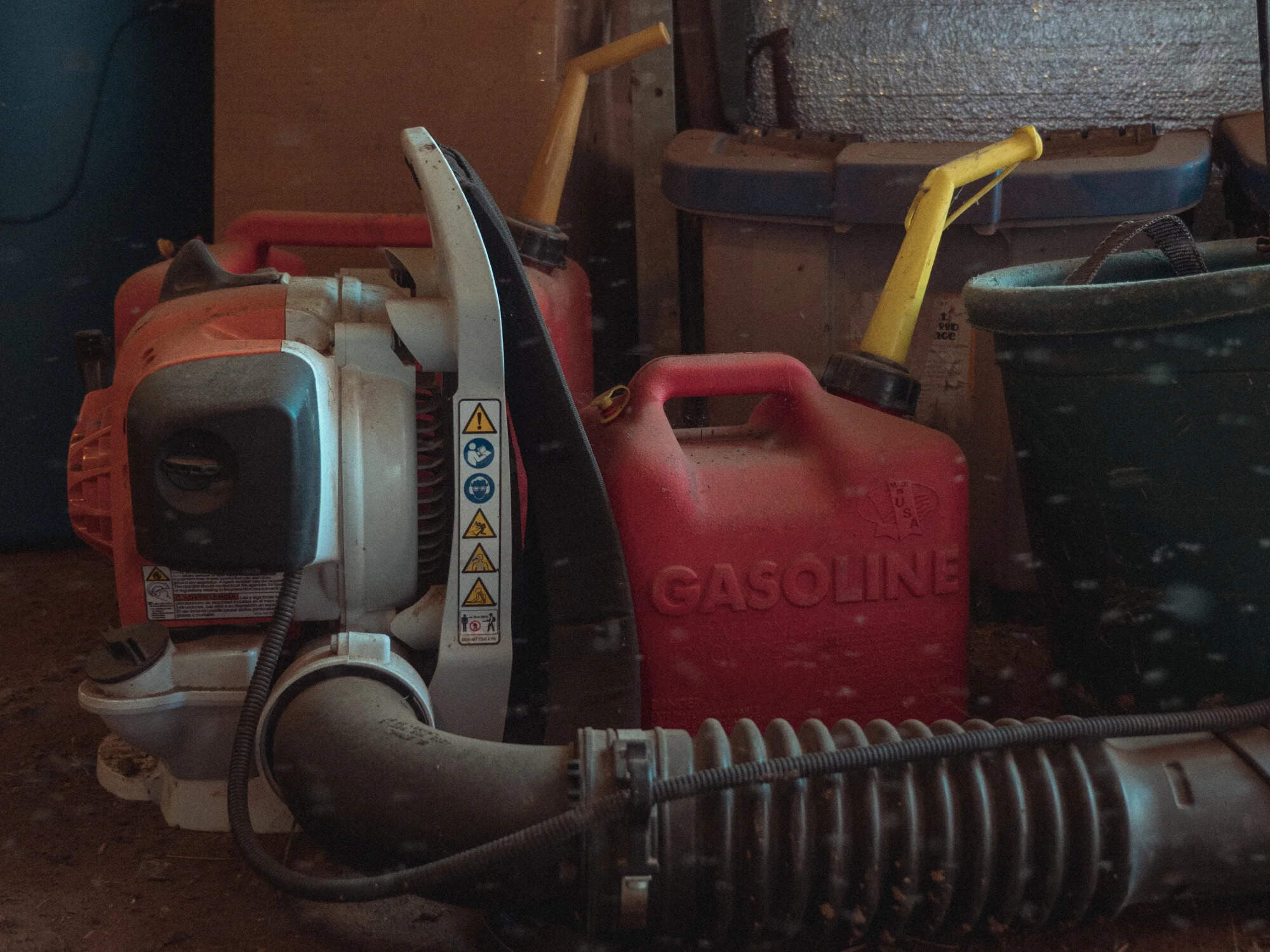
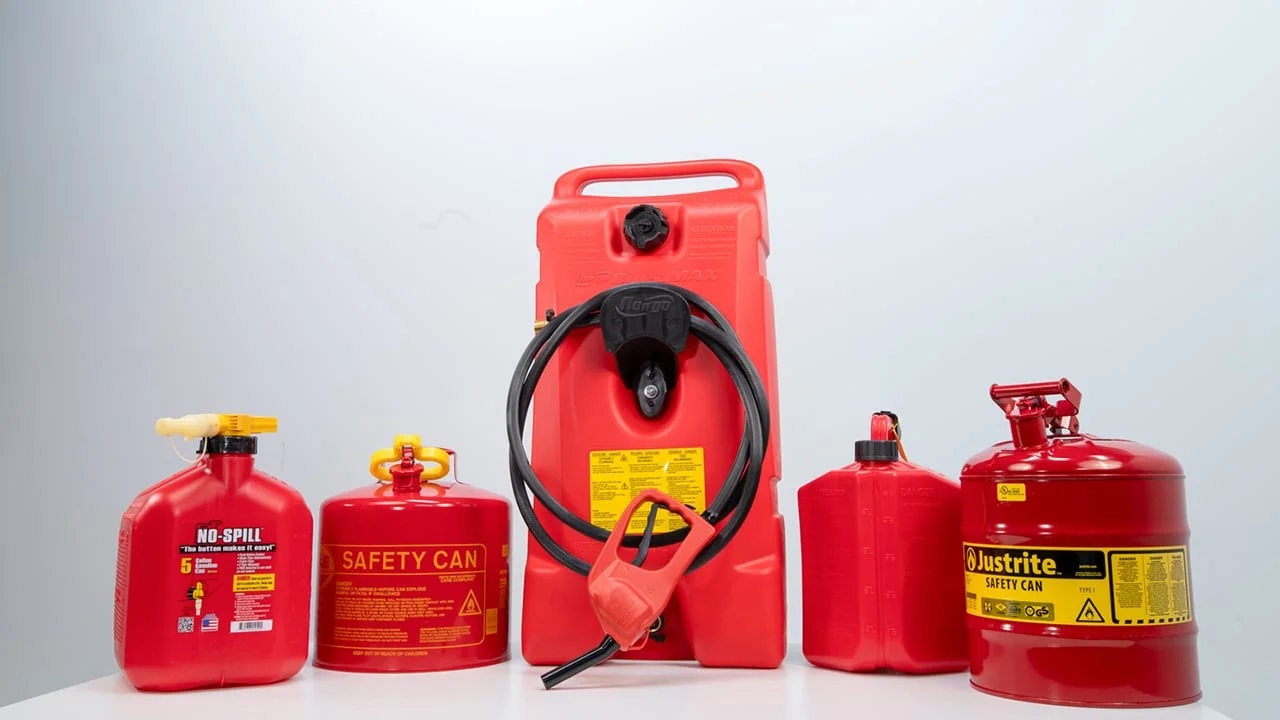
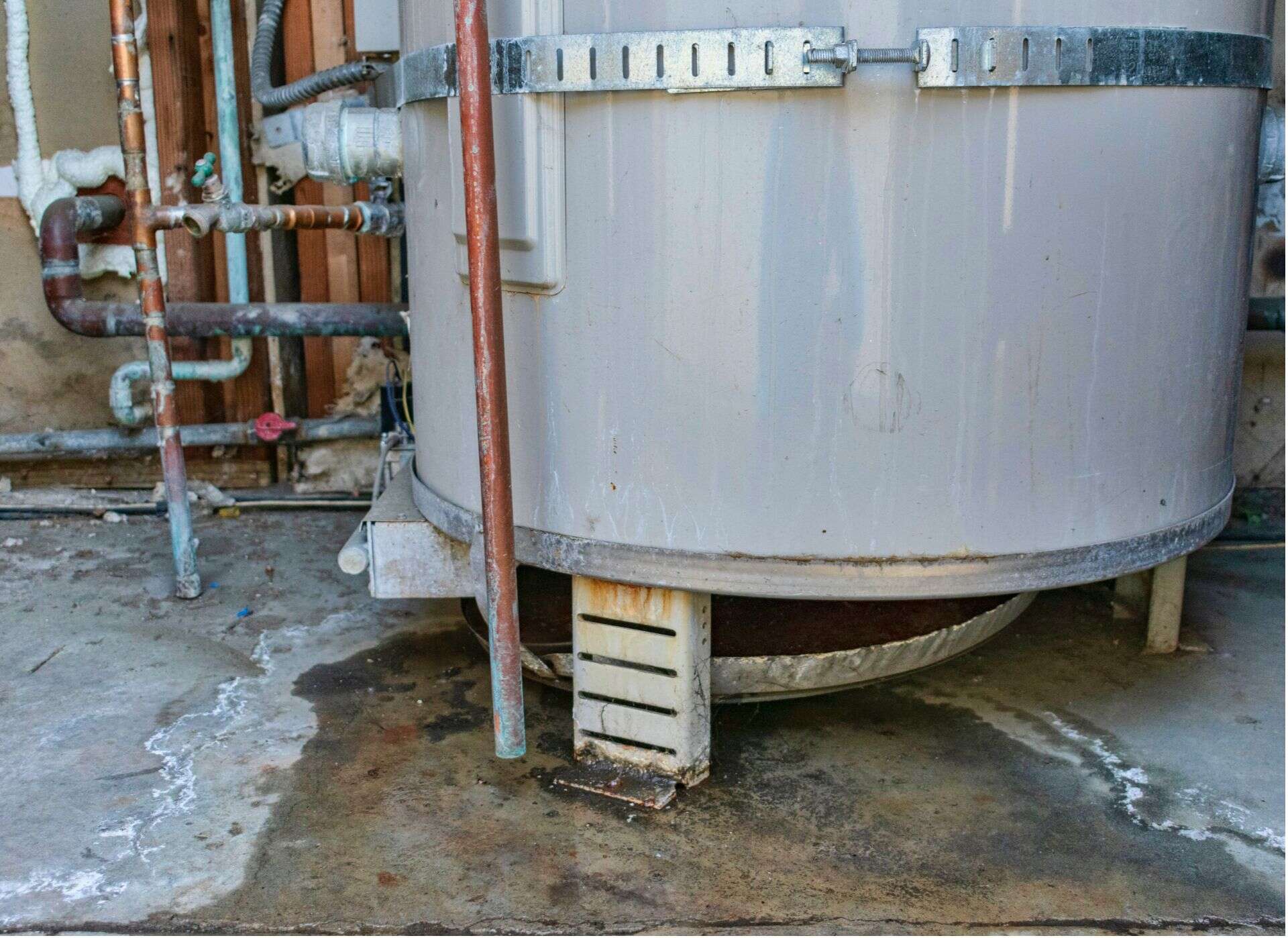
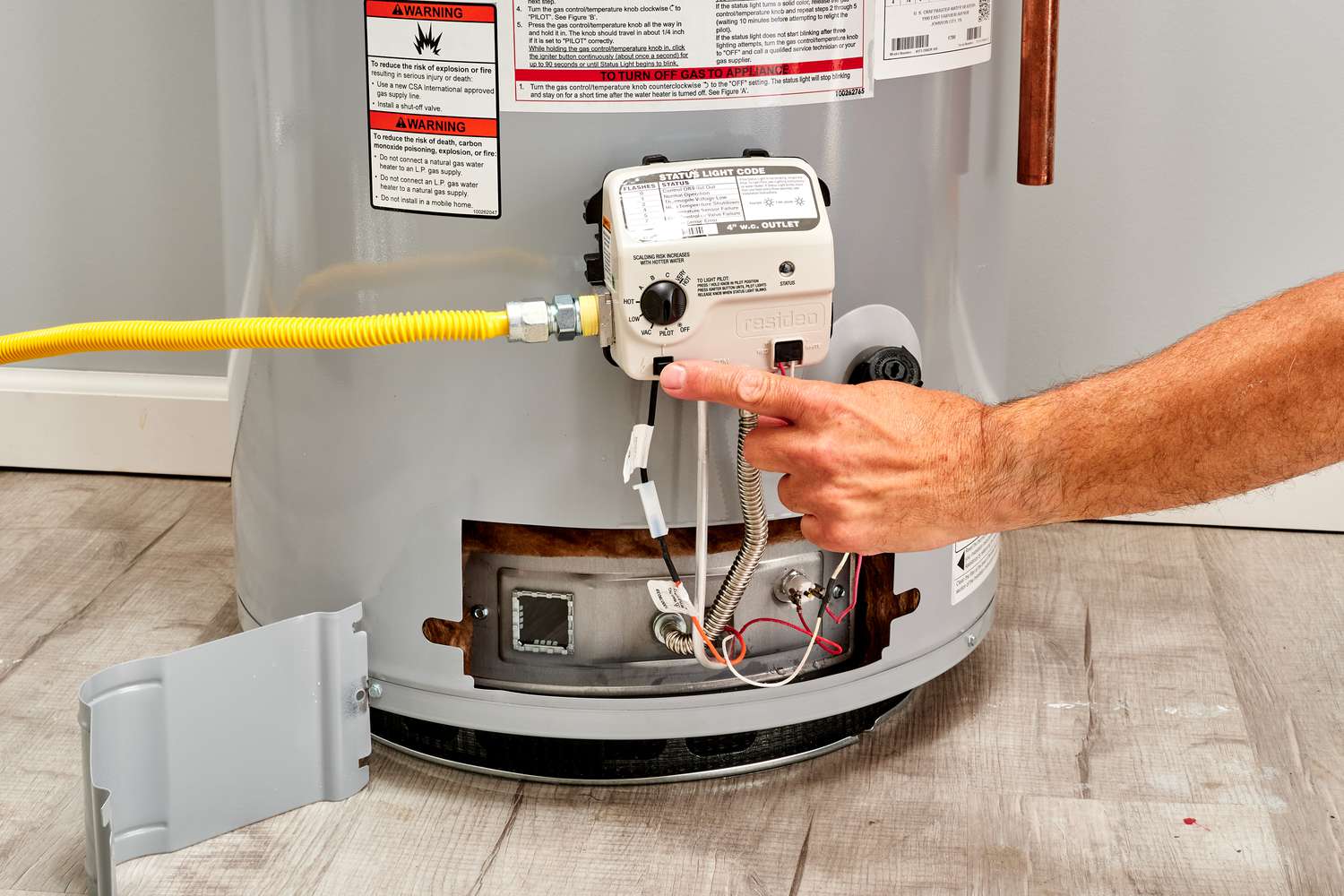
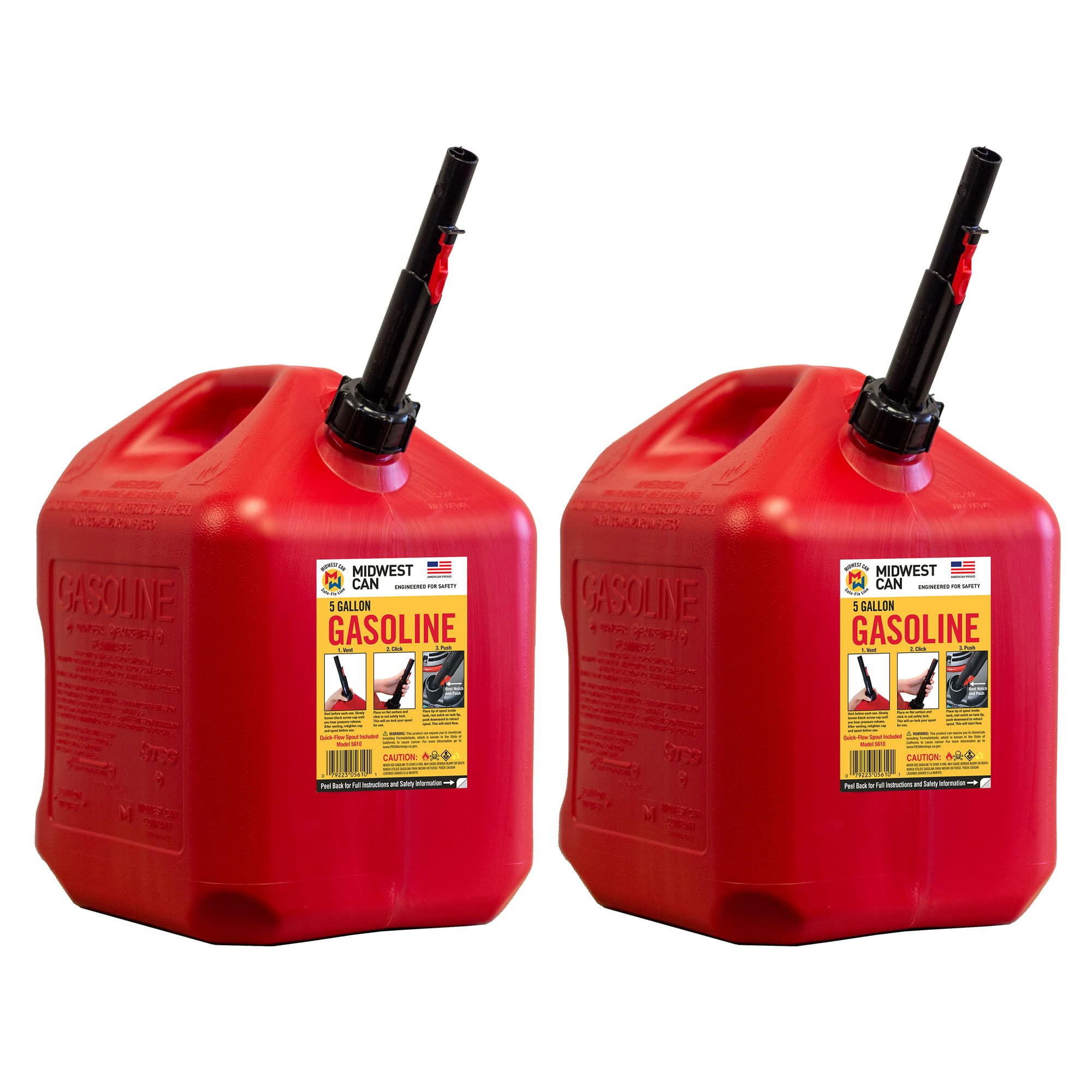
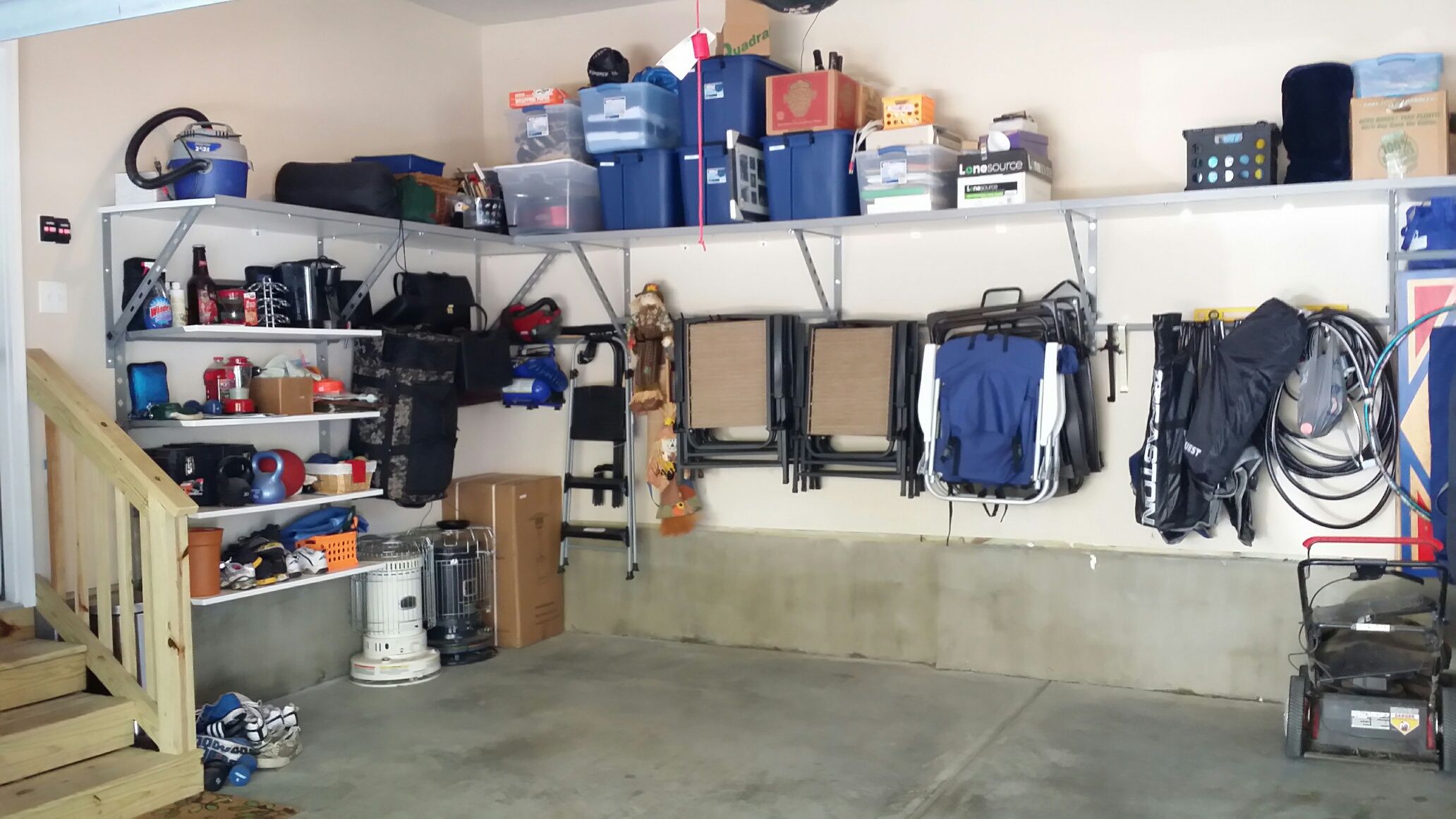
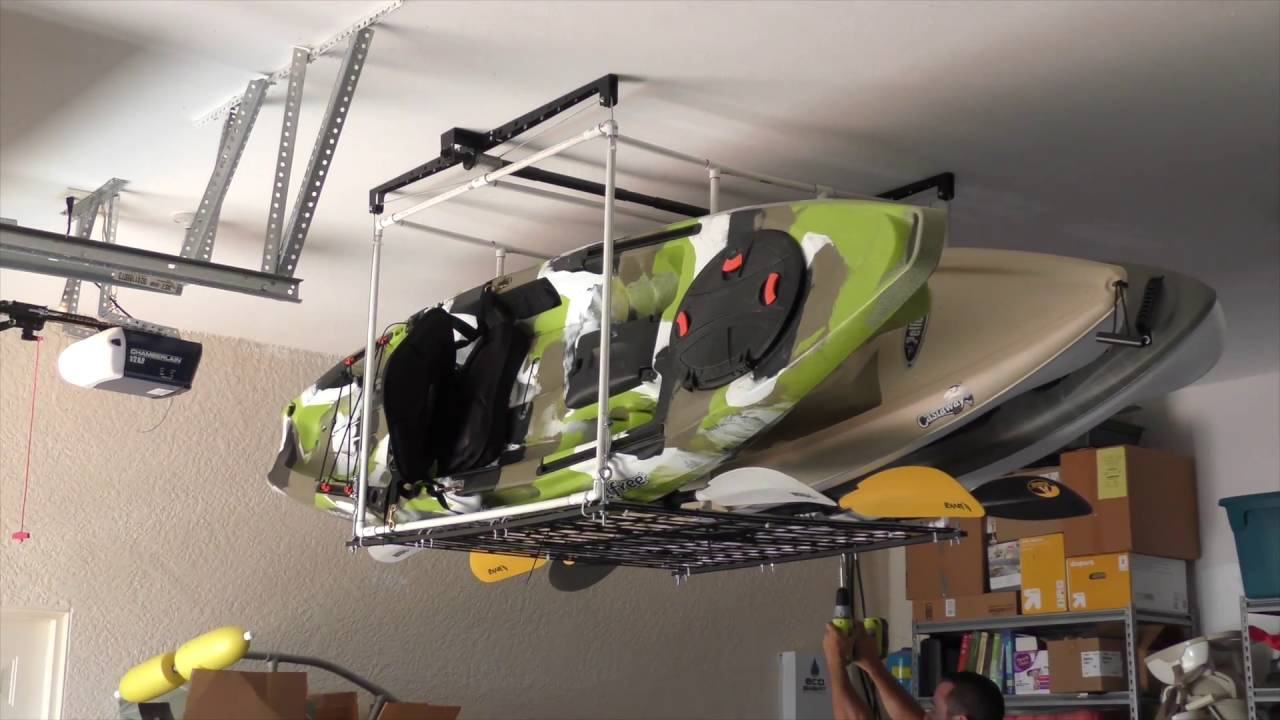


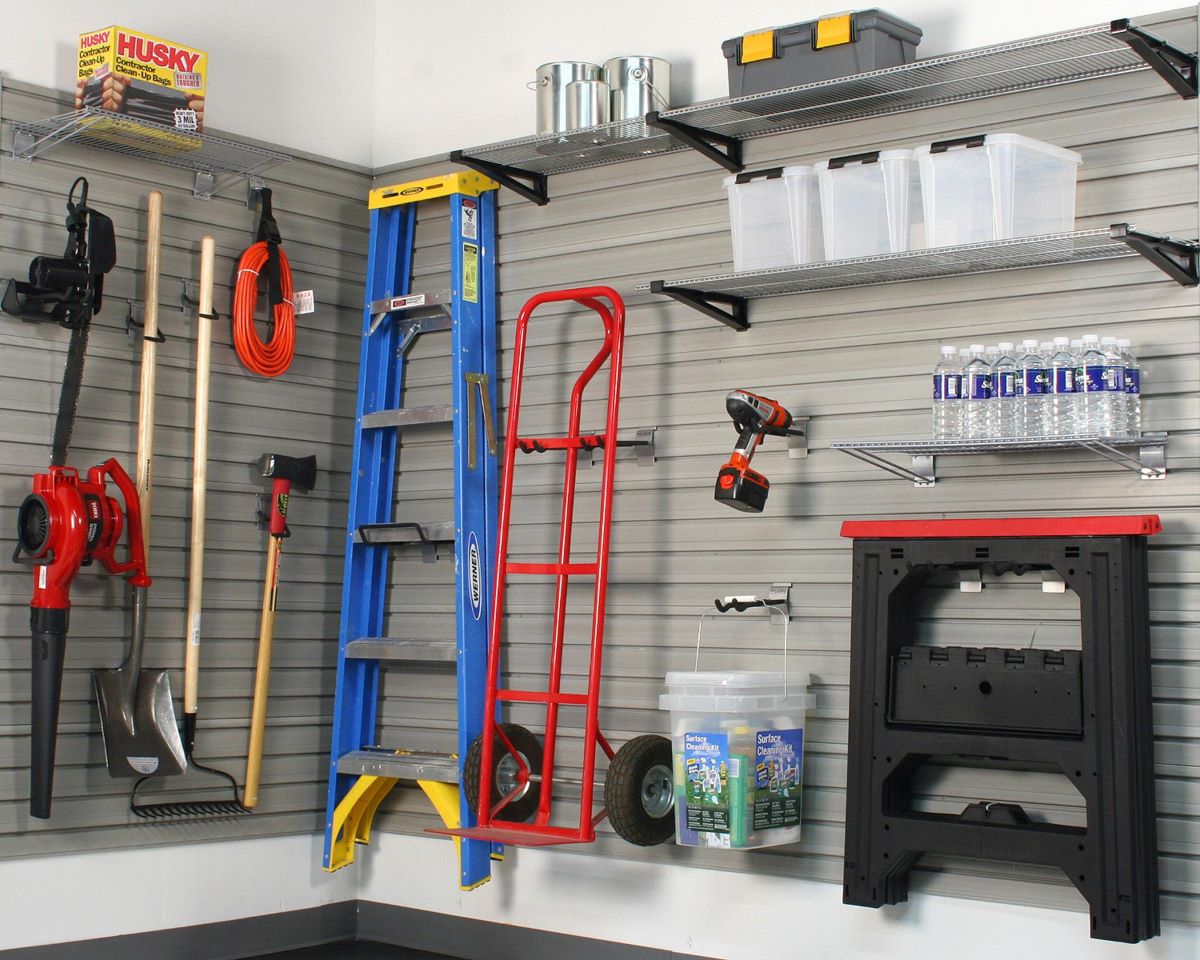


0 thoughts on “How To Store Gas In A Hot Garage”